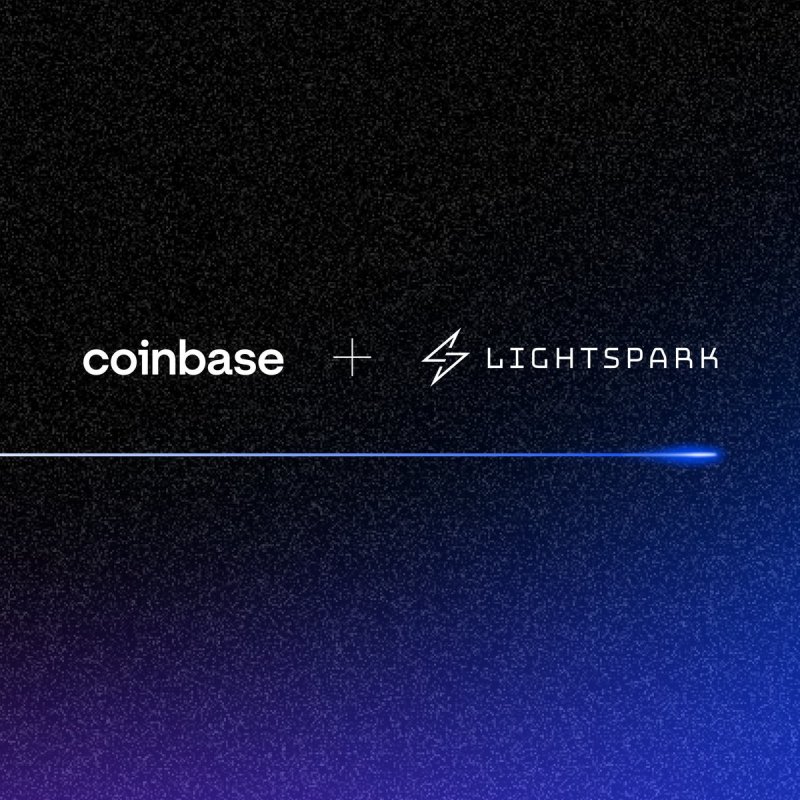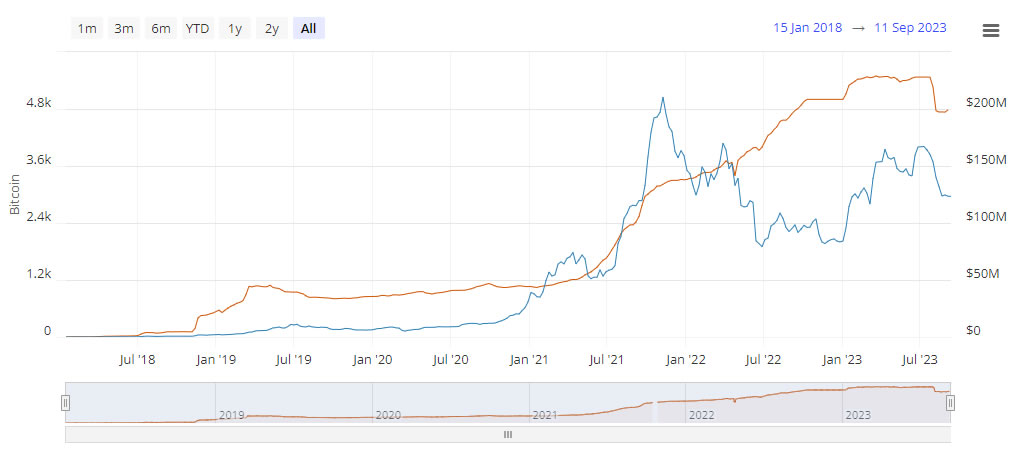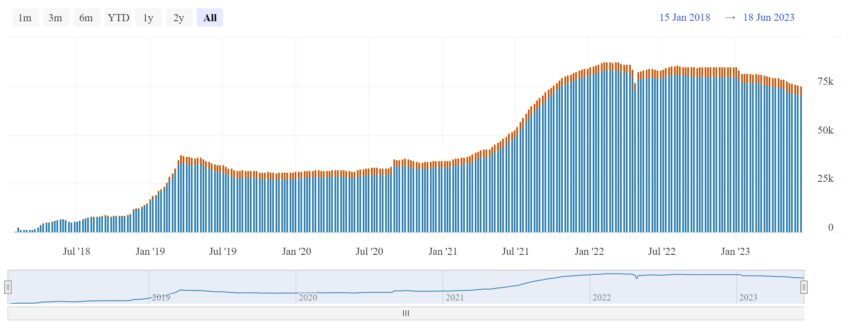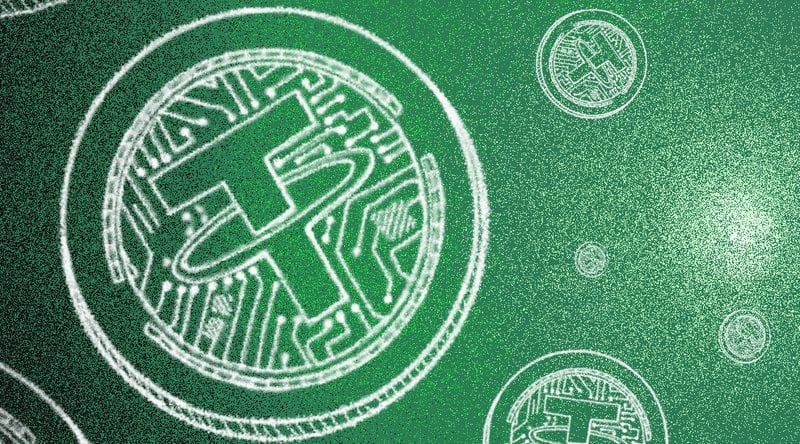2020-5-26 23:35 |
Bitcoin network has always been criticized for the amount of electricity it consumes in order to verify transactions and add new blocks to the network. The recent block reward halving event which cut the supply of Bitcoin per block from 12.5 BTC to 6.25 BTC also removed many low-level miners using old mining machines for whom the halving of block reward made it impossible to make any monetary profit. As a result the hash power input also got reduced by a significant 38%.
According to data from Digiconomist suggests that post halving, Bitcoin network’s electricity consumption has dropped by 24%. However, despite this significant drop, the amount of electricity consumed by the network is still equivalent to that of the state of Israel. While the carbon footprint left by the Bitcoin network, which is around 27.51 Mt, is equivalent to Syria.
The data from Digiconomist also revealed several other interesting aspects of the energy consumption on the Bitcoin network. For example, the amount of energy required to verify a single Bitcoin transaction can power an average US household for nearly 18 days. The amount of electronic waste produced in the Bitcoin ecosystem is equal to the amount generated by Luxembourg.
Some of the key metrics of the Bitcoin network include:
Description Value Bitcoin's current estimated annual electricity consumption* (TWh) 57.92 Bitcoin's current minimum annual electricity consumption** (TWh) 39.61 Annualized global mining revenues $2,900,972,599 Annualized estimated global mining costs $2,895,968,095 Current cost percentage 99.83% Country closest to Bitcoin in terms of electricity consumption Bangladesh Estimated electricity used over the previous day (KWh) 158,683,183 Implied Watts per GH/s 0.069 Total Network Hashrate in PH/s (1,000,000 GH/s) 96,473 Energy footprint per transaction (KWh) 547 Number of U.S. households that could be powered by Bitcoin 5,362,904 Number of U.S. households powered for 1 day by the electricity consumed for a single transaction 18.48 Bitcoin's electricity consumption as a percentage of the world's electricity consumption 0.26% Annual carbon footprint (kt of CO2) 27,512 Carbon footprint per transaction (kg of CO2) 259.74Source: digiconomist
While the debate around the Bitcoin network’s electricity consumption has been going on for quite some time now, but the mining consensus used by the Bitcoin network i.e Proof-of-Work (PoW) despite consuming such vast amounts of electricity is also one of the most secure mining algorithms. Proof-of-Work ensures the network’s security.
origin »Bitcoin (BTC) на Currencies.ru
|
|















